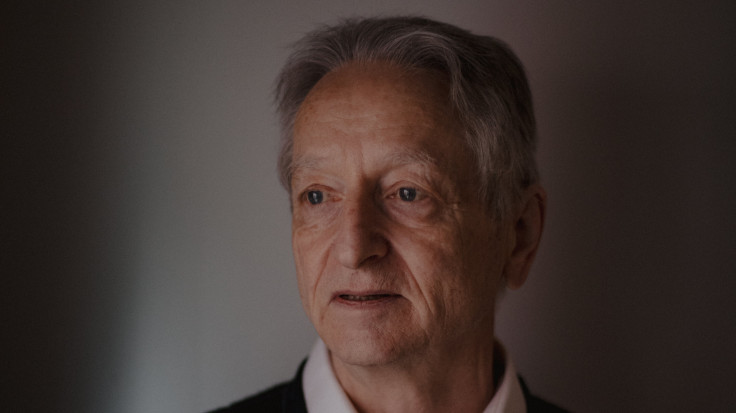Putin, others can use AI to manipulate wars warns godfather of AI
Hinton is not the only one to have openly started speaking out against the latest developments in the field.

The rapid developments in the AI sector that have been witnessed over the last few months have forced even its greatest proponents to speak against its potential negative impacts on the world.
The latest to join the list is Geoffrey Hinton, who is also known as the "Godfather of AI." The arms race between tech giants to construct artificial neural networks that mimic the human brain has left even Hinton worried.
In a recent interview with MIT Tech Review, he warned that AI tools could be misused by powerful individuals like Russian President Vladimir Putin and Florida Governor Ron DeSantis. He believes that people like Putin will not shy away from using AI to manipulate wars and elections.
"Look, here's one way it could all go wrong. We know that a lot of the people who want to use these tools are bad actors like Putin or DeSantis. They want to use them for winning wars or manipulating electorates," he said.
British-born Geoffrey Hinton is known as the godfather of neural networks. Hinton and his two students at the University of Toronto are the ones who laid the foundation for current AI developments.
It also needs to be noted that Hinton just quit his job at Google, where he had worked for 10 years before finally deciding to move on. He says that he left Google so he could openly speak about the dangers of AI.
In the NYT today, Cade Metz implies that I left Google so that I could criticize Google. Actually, I left so that I could talk about the dangers of AI without considering how this impacts Google. Google has acted very responsibly.
— Geoffrey Hinton (@geoffreyhinton) May 1, 2023
"Don't think for a moment that Putin wouldn't make hyper-intelligent robots with the goal of killing Ukrainians," Hinton said. "He wouldn't hesitate. And if you want them to be good at it, you don't want to micromanage them — you want them to figure out how to do it," he added.
Hinton is not the only one to have openly started speaking out against the latest developments in the field. Recently, more than 1,100 eminent persons, including Twitter CEO Elon Musk, Apple co-founder Steve Wozniak, and Tristan Harris of the Centre for Humane Technology, signed an open letter calling for a 6-month pause "on the training of AI systems more powerful than GPT-4."
The letter calls for proper planning and management before AI is let loose completely. "Should we develop nonhuman minds that might eventually outnumber, outsmart, obsolete and replace us? Should we risk loss of control of our civilization? Such decisions must not be delegated to unelected tech leaders," reads the letter.
Industry experts have called for discussions around controlling the technology and not a blanket ban on its use, as the technology can also be used to make the world a better place for humans to exist.
Dr. Geoffery Hinton warns us of AI. Here the interesting part, he's called the godfather of AI. Where do we go from here? https://t.co/0G8AwwZB4D
— Politically Incorrect (@la_incorrect) May 1, 2023
It can be used in healthcare, education, big data analysis, coordination in government departments, and to improve access to resources. In fact, several reports have claimed that it is being used in Russia to help people get access to what is happening in Ukraine.
An online game called Counter-Strike is reportedly being used to supply information to Russian citizens about the war in Ukraine. This is being done to bypass the restrictions that have been imposed on the media in the wake of the Russian invasion of Ukraine. It even banned the Russian media from using the word "war" while reporting on the conflict.
Finland's largest daily, Helsingin Sanomat, has collaborated with the popular online video game to hide articles. It created a map of an unspecified war-torn Slavic city and called it "de_voyna", in reference to the Russian word "voyna," meaning war.
The map contains the route to a secret room where the publication has hidden images, videos, and reports related to the Russia-Ukraine war. It is just one example where technology is playing a pivotal role.
Over the past few years, several scientific research papers have elaborated on how AI can be a game changer for early disease diagnosis, drug trials, and making healthcare affordable. However, as exhorted by industry experts, it is better to err on the side of caution and approach the developments in a systematic manner to ensure their efficient and positive use in the long run.
© Copyright IBTimes 2025. All rights reserved.






















